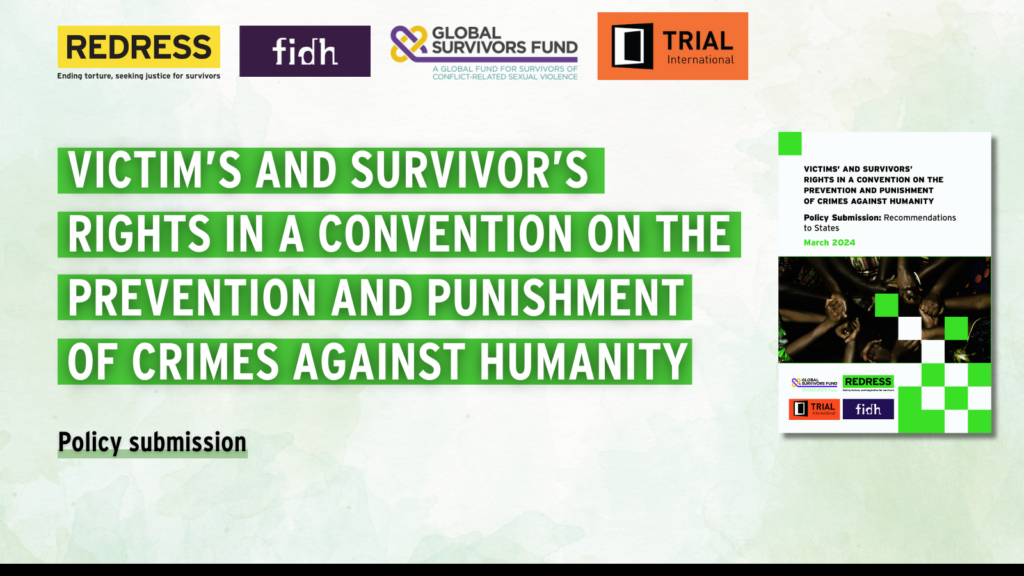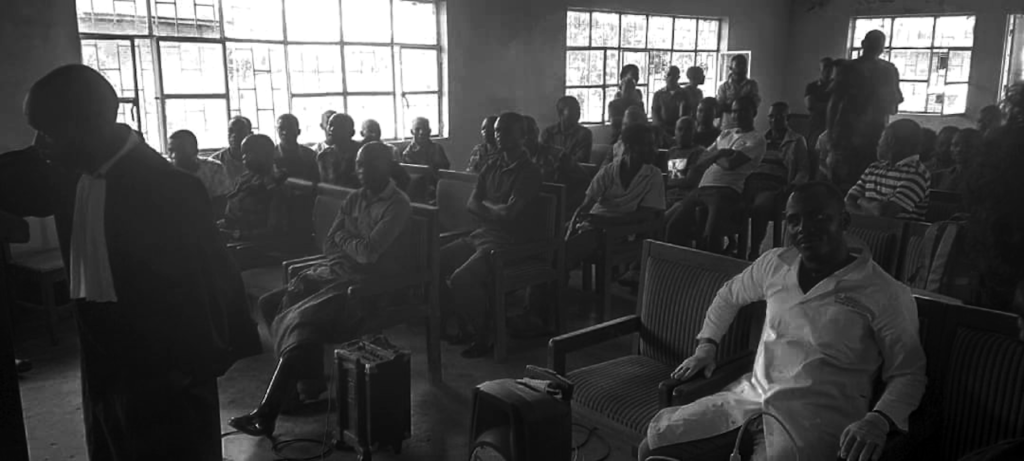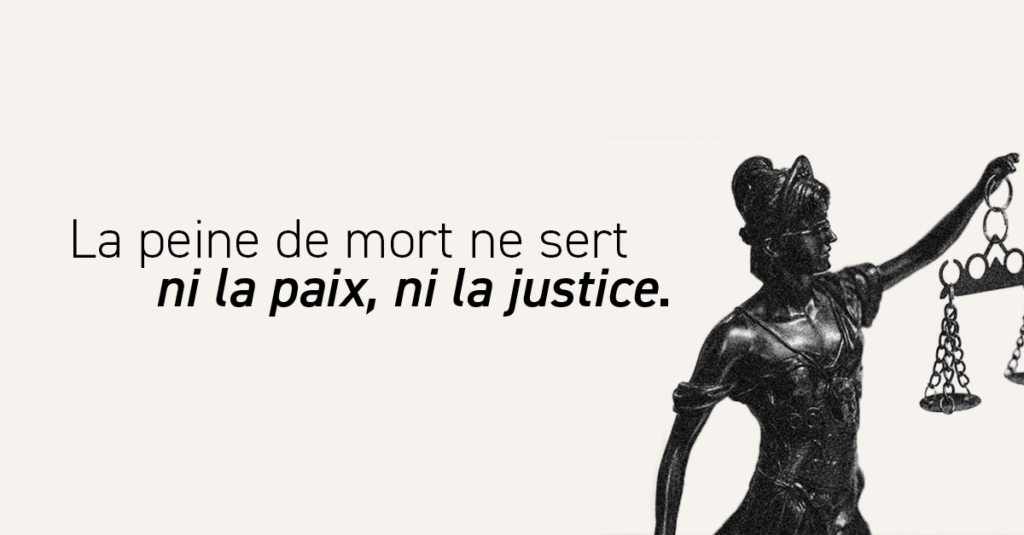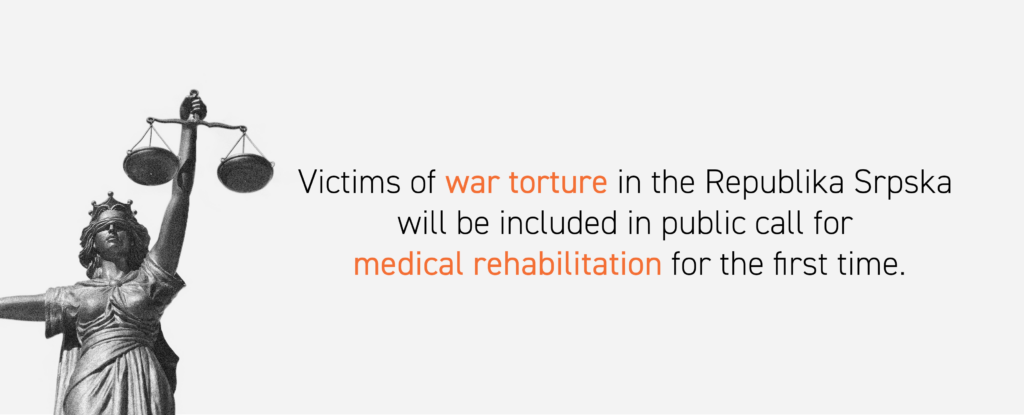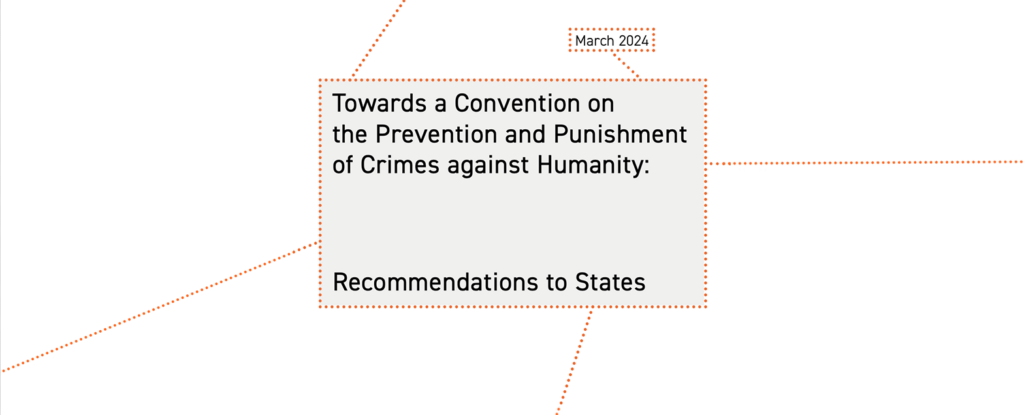Mobile courts in the DRC: why, and how?
Major trials in Eastern DRC such as in the Kokodikoko, Mutarule and Kavumu cases all share a common practice: mobile courts. Better access for victims, expedited justice and deterrent effect, here are explanations about this fast-developing practice.

Several recent trials in DRC have adopted an unusual form: mobile or travelling courts. These extraordinary hearings do not take place in the courthouse of a large city, but directly in the areas where the crimes were perpetrated. In other words, the entire Court, with its prosecutors, clerks, lawyers and defendants, moves closer to the victims. A logistical tour de force involving several dozen people on the move.
A concrete case: The Kokodikoko trial
The trial of warlord Frédérique Masudi Alimasi – alias Kokodikoko – in the fall of 2019, is a good example of this practice. Kokodikoko and his men persecuted the population of more than 15 villages in two remote areas of the province of South Kivu.
To rule on the case, the military court of Bukavu decided to relocate some hearings in the two relevant areas. How else would they be able to hear more than 300 victims spread over an area almost as large as Switzerland!
Multiple benefits
These mobile courts are beneficial for at least four reasons. First and foremost, they facilitate access to the trial for victims. For practical reasons, since they do not have to physically move to testify, but also for psychological reasons: a familiar and safe environment can make it easier for victims to speak. This is especially important when crimes are recent or can potentially lead to stigmatization, such as sexual violence.
Like in the Kokodikoko case, crimes committed in Eastern DRC often happen in remote areas, where the rule of law is rarely implemented in a stable and visible way. When the Court moves there, it is therefore the symbol of the State which moves with it, and in particular the sovereign power to render justice. This practice thus serves an educational and deterrent effect. Both the victims and the criminals see justice concretely follow its course, reinforcing the notion that no one is above the law.
Thirdly, when judges can see where the crimes were committed they can better understand how they happened. Understanding the socio-economic and security context is essential to the quality of their verdict.
Finally, because of the logistics involved, mobile courts are held for a short period of time, usually a few days. Contrary to standard procedures, where several cases are dealt with at the same time, the Court devotes itself exclusively to the ongoing trial. This favors the rapid pace of justice.
The crucial concern for safety
Despite their many benefits, mobile courts are not without challenges, the main one being safety. Witnesses and victims protection during the hearings is usually the object of a detailed strategy. However, how to guarantee the continuity of safety measures once hearings are over? Unfortunately, taking part in proceedings almost always exposes the victims, be it in a courtroom or on a village square.
By continuing to support victims well after the judges’ rulings, TRIAL and its partners are working to ensure that no one will suffer the consequences of the brave decision to seek justice.

